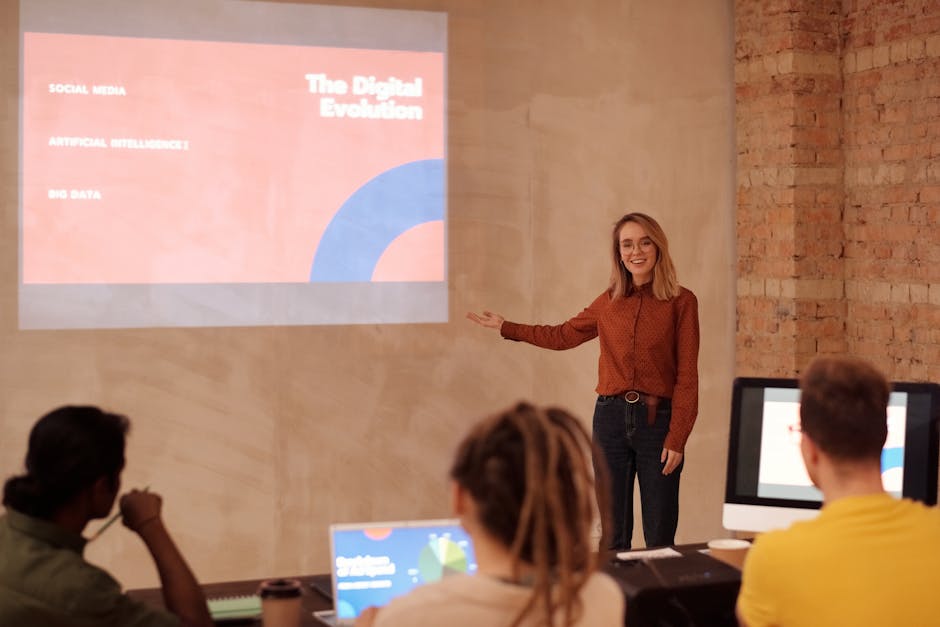Youth Empowerment: Strategies for Personal Growth
Did you know that empowered youth tend to have better academic results and stronger self-esteem? This isn’t just a coincidence. When young people feel in control of their lives, they thrive. But how can we help them grow and take charge? Let’s dive into youth empowerment and explore strategies for personal growth.
What is Youth Empowerment?

Youth empowerment means giving young people the tools and confidence to control their own lives. it’s about helping them make decisions, solve problems, and pursue their dreams. Empowered youth become leaders, innovators, and engaged citizens.
But why is this important? Studies show that when young people feel empowered, they are more likely to participate in their communities and advocate for their needs. it’s a win-win situation!
Why Focus on Personal Growth?

Personal growth helps youth develop skills and strengths. It encourages self-discovery and resilience. Some key reasons to focus on personal growth include:
- Improved Confidence: When youth learn new skills, they feel more capable.
- Better Decision-Making: Understanding choices leads to smarter decisions.
- Stronger Relationships: Personal growth enhances communication and empathy.
So, how can we support this growth? Lets look at some effective strategies.
What Are Effective Strategies for Personal Growth?

Here are some practical strategies to empower youth and promote personal growth:
1. Encourage Goal Setting
Setting goals gives youth direction. It provides a clear path to follow. Encourage them to set SMART goals, which are:
- Specific: Clearly define what they want to achieve.
- Measurable: Include criteria to measure progress.
- Achievable: Ensure the goal is realistic.
- Relevant: Connect the goal to their interests or values.
- Time-bound: Set a deadline for completion.
For example, instead of saying I want to be better at math, a youth could say, I want to improve my math grade from a C to a B by the end of the semester. This approach makes goals more tangible and attainable.
2. Promote Life Skills Development
Life skills are essential for personal growth. They include communication, problem-solving, and time management. You can help youth develop these skills through:
- Workshops: Host sessions on topics like public speaking or budgeting.
- Real-Life Experiences: Encourage volunteering or internships.
- Peer Mentoring: Pair them with mentors who can guide them.
These experiences build confidence and practical skills that last a lifetime.
3. Foster a Supportive Environment
A supportive environment is crucial for growth. It starts at home, in schools, and in communities. Heres how to create that environment:
- Listen: Always be open to what youth have to say. Their thoughts matter.
- Encourage: Celebrate their successes and provide constructive feedback.
- Involve: Include them in decision-making processes.
A supportive environment helps youth feel safe to express themselves and take risks.
How Can Youth Engage in Their Communities?

Engagement in the community is vital for empowerment. When youth get involved, they learn leadership and advocacy skills. Here are ways they can participate:
- Volunteering: Join local organizations or charities.
- Participating in Local Events: Attend town meetings or community fairs.
- Starting Initiatives: Create clubs or groups focused on a cause they care about.
These activities not only enhance their skills but also connect them with others who share their interests.
What Role Does Self-Reflection Play?
Self-reflection is a powerful tool for personal growth. It helps youth understand their thoughts and feelings. Here are some self-reflection practices:
- Journaling: Write down daily thoughts and experiences.
- Mindfulness: Practice being present through meditation or deep breathing.
- Feedback: Ask for input from friends or mentors.
Regular self-reflection encourages personal insight and growth.
What Are Common Misconceptions About Youth Empowerment?
There are many myths about youth empowerment. Lets clear up a few:
- Myth 1: Youth don’t want responsibility.
Fact: Many young people thrive when given responsibility. - Myth 2: Empowerment means less guidance.
Fact: it’s about providing support while allowing independence. - Myth 3: Only certain youth need empowerment.
Fact: Every young person benefits from empowerment strategies.
Understanding these misconceptions can lead to better support for youth.
How Can Technology Aid in Youth Empowerment?
In today’s digital age, technology can play a significant role in empowerment. Here are some ways technology can help:
- Online Resources: Access to educational platforms and courses.
- Social Media: Connecting with like-minded individuals and communities.
- Apps: Tools for goal tracking, mindfulness, and skill-building.
These resources can enhance learning and provide new opportunities for growth.
Conclusion: Actionable Takeaways for Youth Empowerment
Youth empowerment is essential for personal growth. By using strategies like goal setting, building life skills, and fostering support, we can help young people thrive.
Here are some actionable takeaways:
- Encourage youth to set specific, achievable goals.
- Create a supportive environment where they feel heard.
- Engage them in community activities for hands-on experience.
- Promote self-reflection as a tool for growth.
As adults, we have the power to shape the future. Lets empower our youth today for a brighter tomorrow!
For more insights on youth empowerment, check out this article on UNICEFs website.


